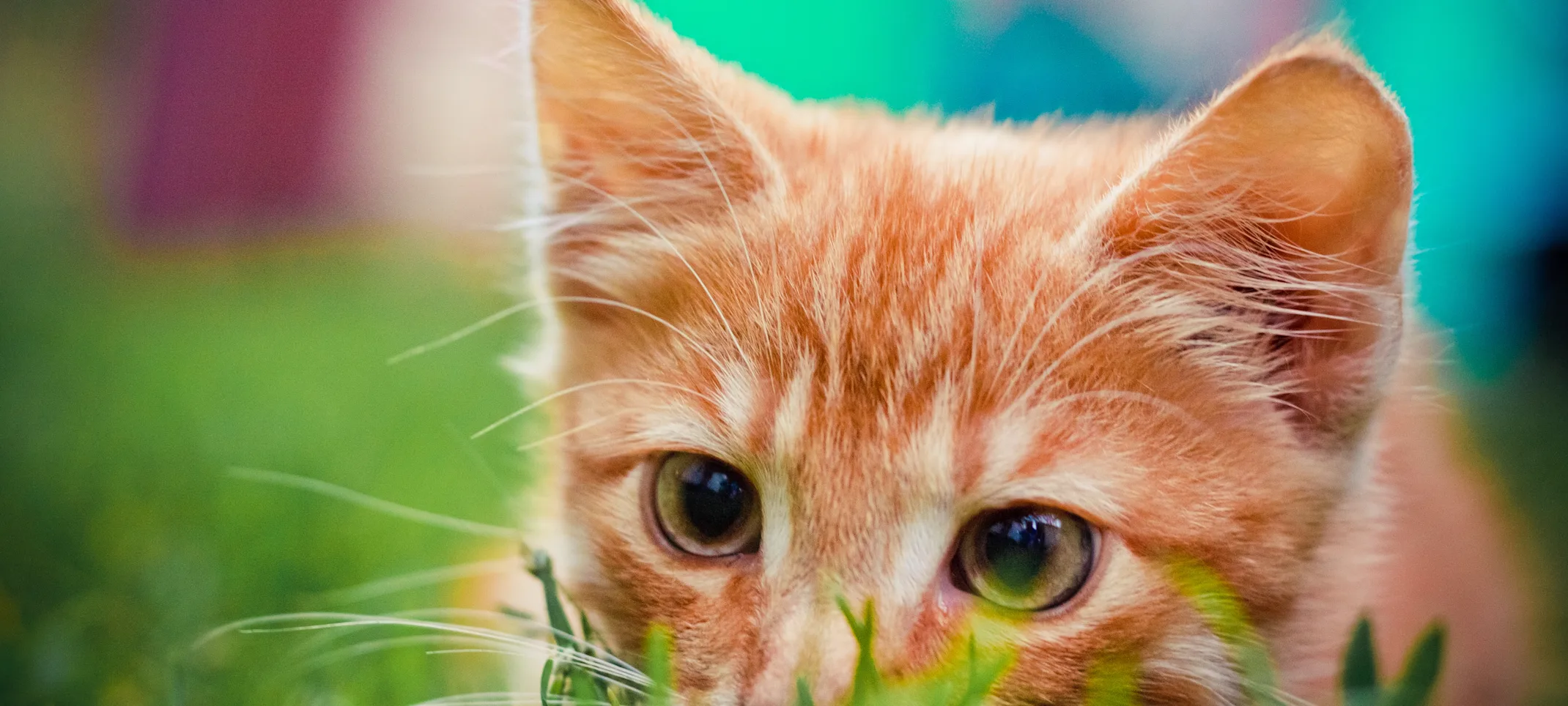Cat Thyroid Center
Feline Renal Diets
Kidney failure is a chronic condition caused by decreased kidney function or renal insufficiency. Common in older cats, it is a progressive deterioration over time. As the kidneys slowly fail, the urine becomes more dilute and your cat empties its bladder more often. This increased water loss makes your cat thirsty and it drinks more water. Eventually, your cat becomes sick when its kidneys can no longer remove waste materials from the blood.

Prescription, Over-the-Counter & Homemade
Your veterinarian can tell you if your cat suffers from renal insufficiency. The disease has signs and symptoms that are vague and shared by other maladies. Early warning signs include increased thirst (polydipsia), more urine production (polyuria), decreased appetite, loss of weight, vomiting, lethargy and unkempt hair coat.
Kidney disease cannot be cured, but it can be treated. You can help slow the progress of kidney disease by changing your cat’s diet. Special diets reduce the workload on the kidneys. By encouraging your cat to eat a new “kidney” diet, you prolong and enhance the quality of your cat’s life.
What’s Different about Feline Renal Diets?
Low sodium or reduced sodium
Less phosphorus
Sometimes less protein
Highly digestible protein
Increased non-protein calories to maintain energy
More potassium
Extra B Vitamins
Omega fatty acids to reduce inflammation & maintain kidneys
More fiber
More water in canned food
Remember renal diets are not the same as urinary tract diets available at grocery or feed stores. Urinary diets are for cats that suffer from lower urinary tract disease including, but not limited to bladder stones. Feline urinary diets are not for cats with kidney disease.
Hints for success:
Your cat must drink lots of water. Give your cat fresh water every day. Do not add water to replace that which has evaporated from your cat’s bowl. Water is the most important part of this treatment
Your cat must eat the food. Never try to fast (starve) your cat into eating a prescription diet.
Wet (canned) food is likely better than dry food because it provides more water.
It is more important that your cat eat something than to eat very little of a prescribed new renal diet that it does not like.
Make the diet change gradually. At first, you may need to mix your cat’s current diet with the new one.
Warm the food to bring out the flavor. Most cats prefer food served at body temperature.
Make low sodium chicken broth. Boil or microwave a piece of chicken with water and save the broth. Do not skim off the fat. Thighs and legs work well to make broth. Cut up some small pieces of the chicken to include in the broth. This broth can be used to flavor any of the renal diets and make them more palatable.
Flavor the foods with low sodium canned tuna fish. This product is made for human consumption and available in most grocery stores. Star Kist tuna is one of the low sodium brands
Renal Diet Products
The following alphabetical listing includes a number of renal diet products manufactured different companies. You may need to try several of them to find one that your cat prefers. We do not endorse any particular company. Your veterinarian may have a preference for one of these or some other diet to prescribe for your cat. Any of these would be good for your cat, but your cat must want to eat the food!
Eukanuba Multi-Stage Renal Diet provided by the Iams Company in Dayton, Ohio. Available in 6 oz cans and 5.5 lb resealable pouch which contains about 20 cups of the dry food. Find local distributors by calling 800.535.8387.
Hill’s Prescription Diets are provided by Hill’s Pet Nutrition, Inc. in Topeka, Kansas. Hill’s g/d and k/d are specifically formulated for pets with kidney disease. Feline g/d is for cats suffering from kidney insufficiency or older cats with special needs. Feline k/d is formulated as a nutritional aid for cats with diagnosed kidney disease. Both of these products come in canned and dry forms. For more information, call Hill’s Consumer Affairs at 800.445.5777 or on the Internet at www.hillspet.com. Hill’s Pet Nutrition, Inc.
Royal Canin with Renal Support Dry and Canned Modified Formulas. The canned food contains 80% moisture and low protein. For more information on Royal Canin 1.800.592.6687
Purina Veterinary Diets include Purina Early NF or Advanced NF brand Formula. This is recommended for renal failure, hypertension, liver disease and oxalate bladder stones. It is provided in 5.5 oz cans and in dry kibble form. For more information, call Purina Company at 1.800.222.8387
Homemade Diets. Your veterinarian may be able to provide recipes for special diets that you can prepare in your home for your cat. Some of these are quite tasty and successful.
Other dietary resources include:
American College of Veterinary Nutrition: www.acvn.org
Reference: “Home-Prepared Dog and Cat Diets: The Healthful Alternative” by Donald R. Strombeck, D.V.M., Ph.D., ISBN 0-8138-2149-5
Iowa State University Press, 2121 South State Avenue, Ames, Iowa 50014.
If you have questions regarding the treatment of Feline Hyperthyroidism and how we can help your cat, visit the contact page and fill out the Inquiry Form and a representative will contact you.
